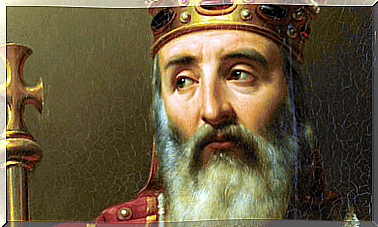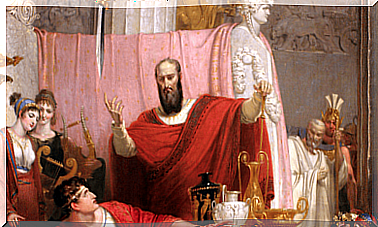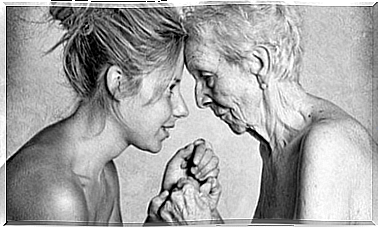Zen History Of Autonomy
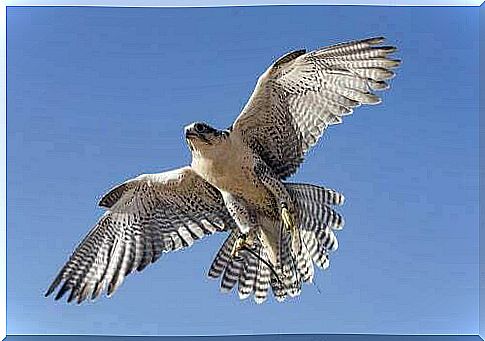
This Zen story about autonomy tells us that in a distant kingdom there was a ruler much loved by his people. He ruled fairly, which is why everyone trusted him and obeyed his orders without asking too many questions. His subjects honored him with beautiful gifts as a sign of admiration and affection.
Once the king received a visit from a man who brought him a very special gift: two little hawks, both sons of an extraordinary specimen. The ruler thanked for such a wonderful gift and commissioned the master falconer to take care of the training of the two birds. There was no one in the kingdom who knew hawks better and who had the experience to train them.
From the beginning, the master reserved special treatment for the chicks, offering them the best feed and taking care of them personally. The days went by and the hawks began to grow. This Zen story about autonomy tells us that, despite being brothers, the two falcons were extremely different from each other.
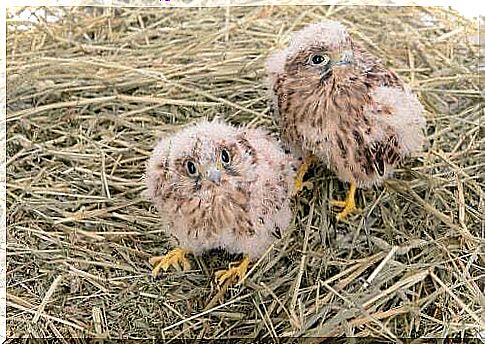
The two falcons and their differences
From the beginning, the master falconer had noticed that one of the chicks was weaker and more shy. That’s why he reserved the best food for him. Sometimes he even forgot to feed the other, or gave him only small portions. He was haunted by the fear of her death and felt that he needed her care most.
As it grew, the neglected chick began to take its first walks, away from the small cage left open. In search of more food, he became familiar with the place. He began to discover new plants, grains and worms to feed on. In this way he was able to compensate for the lack of treatment.
This Zen story about autonomy tells that both chicks soon became two magnificent adult hawks. The weaker had a habit of waiting to receive food and care from the teacher, while the other had become totally independent. However, the main difference between the two was that while one was always standing still, the other had learned to fly. He also knew how to go back on his own.
The moral of this Zen story about autonomy
The master falconer could not find a solution to the problem. Try as he might, he could not get the protected hawk to fly. The best he could do was get him out of the cage and put him on the sturdy branch of a tree.
He stayed there all day, but showed no desire to fly. Seeing this, the teacher decided to tell the king what had happened.
When the ruler became aware of this huge difference between the two birds, he decided to offer a reward to those who were able to teach the weakest hawk to fly.
Experts from all over the world showed up in the kingdom, motivated by the desire to win the good will of the king, but also the hefty reward. Everyone thought they had come up with the strategy that would allow them to achieve the goal.
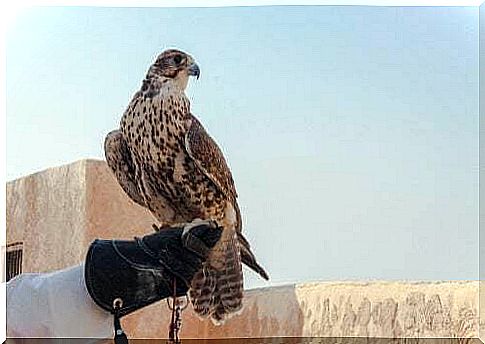
Zen story about autonomy: the flight of the hawk
Several months passed and no one managed to fly the hawk. They tried to persuade him by offering him delicious treats, but the bird did not move from its branch. They also tried to show him the flying techniques of the other hawks, but nothing happened.
One of these adventurers had even organized a magical ceremony with spells, but even so he could not get him away from the branch he had been on all day.
According to this Zen story about autonomy, one morning a humble farmer arrived at the castle, who initially went unnoticed. The man sat down by the tree and watched the hawk intently all day until sunset.
The next day, the humble farmer appeared before the king and asked him to look out the window. The king was amazed when he saw the hawk flying in the sky.
He called the master falconer in his presence to make sure it was the same shy and frightened bird that had not moved from the branch the day before and the master confirmed this. Still in shock, the king asked the man how he had done it. The farmer, with great simplicity, replied: “ It was very easy: I cut the branch ”.
Conclusions
From this brief Zen story we can easily guess that when we are not pushed into the unknown, when we grow up in a glass capsule, protected and undisturbed, we will never have the ardor to take risks.
Fears and weaknesses can be defeated and driven away with goodwill and with the need to move forward, which makes us free to experience and meet the mysteries of existence.
Only in this way will we be able to gain the autonomy we need to overcome adversity and be truly free, like a hawk in flight.


